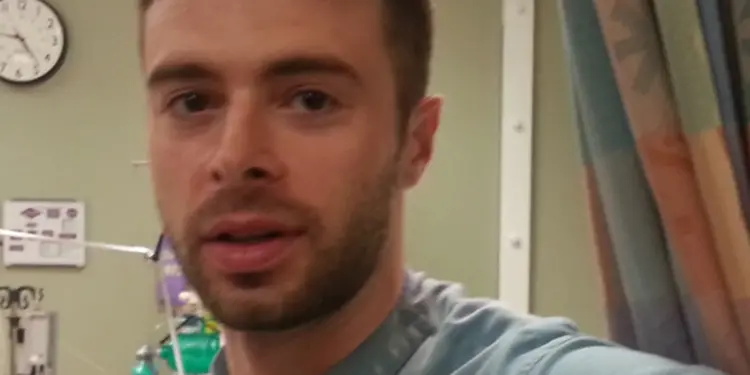Dr. Matt Strauss, who initially worked as an intensive care doctor and medical school teacher during the onset of the COVID-19 pandemic, gained attention for his divergent viewpoints on pandemic response.
He became known for sharing his thoughts on pandemic management through Twitter posts and essays published in various news outlets. Strauss often voiced opposition to wide lockdowns and mask mandates, advocating instead for targeted interventions for high-risk individuals. His contrarian stance drew both support and criticism within the medical community.
Strauss's controversial statements included remarks like “I would sooner give my children COVID-19 than a McDonald’s happy meal.” These comments led to clashes with the media and public figures, including being labeled an “anti-public health doctor.” Despite the backlash, Strauss continued to express his opinions on pandemic management, often going against the mainstream medical advice.
Strauss's contrarian views were not limited to pandemic response. He engaged in social media discussions about politics, economics, and personal freedoms, which positioned him as a conservative partisan. He gained attention for supporting figures like Joe Rogan, Robert F. Kennedy Jr., and Jordan Peterson, while expressing criticism towards Justin Trudeau and U.S. President Joe Biden.
Strauss's divergence from the prevailing narrative also led to professional consequences. He alleges that he was pushed out of his assistant professor role in the Department of Medicine at Queen's University due to his unpopular opinions on pandemic management. In response, he filed a lawsuit against the university and his former department head, Dr. Stephen Archer, claiming constructive dismissal and violation of academic freedom.
The lawsuit raises questions about the balance between academic freedom and workplace behavior, particularly in the context of divisive topics like pandemic response. Strauss contends that he was marginalized for his opinions, while the university argues that his actions left him susceptible to negative reactions. The case highlights the challenges of navigating the delicate line between free expression and professional responsibilities within academia.
The lawsuit is ongoing, and none of the allegations have been proven in court. It underscores the broader debate over how dissenting viewpoints are handled within academic and professional environments during times of crisis. Strauss seeks both financial compensation and the restoration of his reputation within the academic and medical communities.







